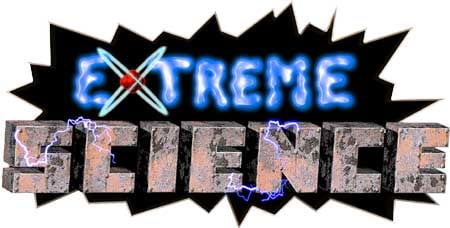To your point... why should the NP have to identify himself or herself as NP? What is wrong with Dr. Jane? Why does a physician not have to identify himself or herself as Dr. Bob, the physician, but you claim a NP has to identify as a NP? That seems unfair as both have earned the title of doctor if that's the point you're going with.
I never claimed that a physician does not have to identify himself. Indeed, a basic element of patient rights is that they have the right to know who everyone is on the team(s) that is/are taking care of them. So, everyone, whether physician, nurse, nurse practitioner, respiratory therapist, CNA, whatever, should be identifying who they are when they introduce themselves to the patient. As I originally stated, I personally am ok with someone stating, "Hi, I'm Dr. ___, I'm the nurse practitioner/pharmacist/whatever", and that "whatever" naturally includes other professionals with doctorates, including physicians.
And it was not a formal study. It was extensive research done by the hospital's staff regarding the lawsuit, which was settled outside of court.
Ok. When I read your statement that "It was found that a lot of doctorally prepared advanced practice nurses would not making it clear to the patient that they were advanced practice nurses and not physicians and that is misleading," I naturally began to wonder who found this out, based on what evidence, etc. I see no reason to believe that this is the case until actual evidence is provided to substantiate the claim (sure, there is a possibility that it is true, but you know, in the name of evidenced-based practice and all...).
Anyway, I understand that you personally will not be using the title "doctor" in the clinical setting after you complete your DNP program. There is nothing wrong with that. My point is that for me, I see nothing wrong with anyone with an earned doctorate, whether physician, pharmacist, psychologist, physical therapist, nurse practitioner, podiatrist, audiologist, etc, using the title doctor, as long as they properly identify themselves as to their role (and everyone should be doing this anyway, whether they have a doctorate, masters, bachelors, associates, certificate, on the job training, whatever). If, for example, Dr. Jane identifies herself as Dr. Jane the nurse practitioner, there is no way a lawsuit would hold any water, since she properly identified herself
as a nurse practitioner.







